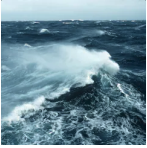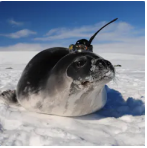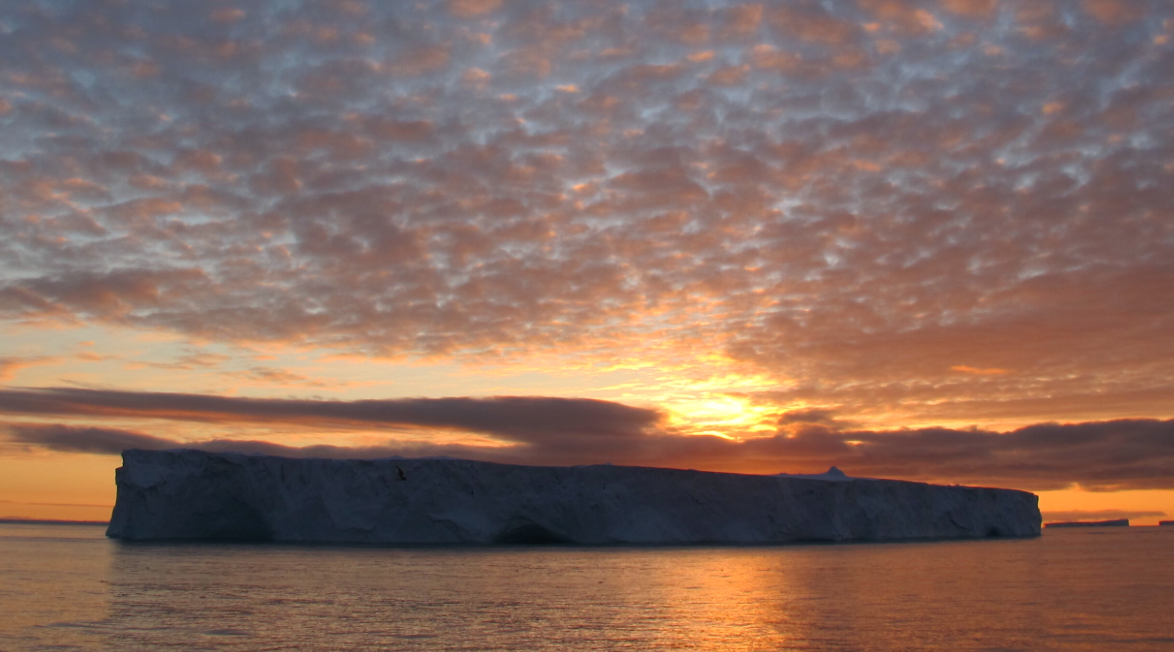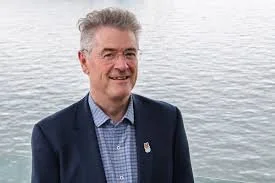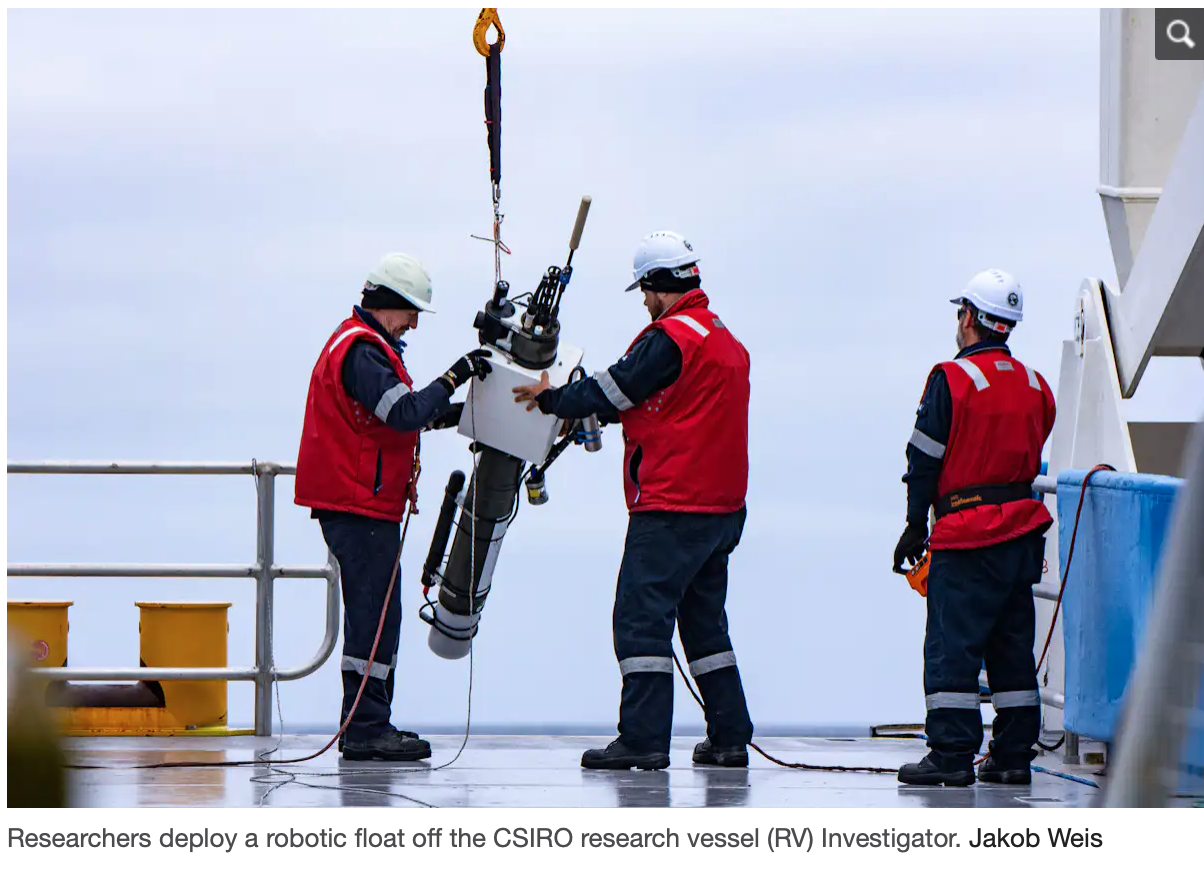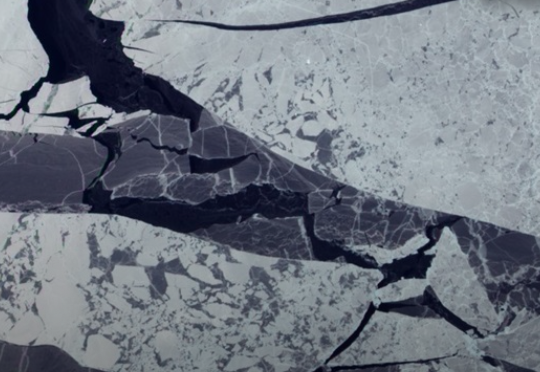The scientific and broader community must join together to advance Southern Ocean science and protect this vital natural asset. Read more at The Conversation
Read MoreThe temperature above the east Antarctic coastline warmed by about 50 degrees Celsius in a week earlier in July. The event, called a Sudden Stratospheric Warming has the potential to impact Australia's weather through August and possibly well into spring. Read more at ABC
Read MoreIn some of the most remote places on Earth, tags attached to seals collect data at the cutting edge of ocean science. Read more at The Conversation
Read MoreIt is often said AI will take the jobs humans should be doing — but in this case, the human researchers are happy enough to pass on the job of scanning thousands of hours of recordings made deep in the Southern Ocean, freeing them up for the pursuit of scientific breakthroughs. Read more at the ABC
Read MoreIn 1968, an aircraft flew over the Larsen B ice shelf in Antarctica. More than six decades later, photos taken on that flight have been used to create a 3D model of the region's melting glaciers. Read more at ABC
Read MoreAustralia has a long history of bushfires. The 2019-2020 Black Summer was the worst in recorded history. But was that the worst it could get? Read more at The Conversation
Read MoreA world-leading oceanographer at the University of Tasmania has been awarded an Australian Research Council Australian Laureate Fellowship to develop precision tracking of changes in the Earth’s climate system as it responds to emission reductions. Professor Nathan Bindoff is one of 17 Laureate Fellows announced by the Australian Research Council today, winning a grant of $3,443,000 million over the next five years. Read more at UTAS
Read MoreIf you hear the words "climate change" and you begin to drift away, you're not alone.
It's called "climate fatigue", the idea that the challenge is too big, too difficult to comprehend, too scary so you just switch off.
So how do you communicate the urgency of the climate crisis without overwhelming an audience?
That was best selling Icelandic author, environmental campaigner, and former presidential candidate Andri Snaer Magnason's challenge when he set about writing his book, On Time and Water.
Listen to more at ABC NewsRadio’s Tom Melville
Read MoreThe Southern Ocean, a region critical to Earth’s climate, hosts vast blooms of microscopic ocean plants known as phytoplankton. They form the very basis of the Antarctic food web. Read more at The Conversation
Read MoreDr Petra Heil of the Australian Antarctic Division, and Dr Alex Fraser of the Australian Antarctic Program Partnership at the University of Tasmania, are collaborators in the Earth Dynamics Geodetic Explorer (EDGE) proposal led by the Scripps Institution of Oceanography at the University of California, San Diego. Scripps glaciologist Prof Helen Fricker is the Principal investigator for the EDGE satellite mission and a University of Tasmania alumni. Read more at UTAS
Read MoreThey might be the largest animal on the planet but Antarctic blue whales are remarkably tricky to find. That is why when putting together the most up to date snapshot of blue whale distribution, scientists from the Australian Antarctic Division (AAD) had to listen, rather than look. Read more at ABC
Thousands of bus-sized humpback whales are currently on their way to Australian waters. They’ve spent the summer feeding in the cold waters of Antarctica before heading north to breed and calve. Read more at The Conversation
Read MoreOne of 88 women from 19 countries, Ms Salmond's 19-day journey aboard an ice-strengthened expedition ship completed a year-long leadership program with the Homeward Bound project. Read more at ABC
Read MoreThe RV Investigator allows scientists to monitor climate change, map the sea floor and discover new marine species. But a $34 million funding shortfall will see its research operations slashed by a third in the coming years. Read more at ABC
Read MoreFailure to limit average global temperatures to 2°C above pre-industrial levels by 2100 will likely lead to a ‘regime shift’ in the Weddell Sea, and potentially a tipping point where the 430,000km2 Filchner Ronne Ice Shelf melts rapidly. Read more at COSMO
Read MoreScientists are concerned about the impact of a deadly strain of bird flu, which has finally reached mainland Antarctica, leaving Australia as the last continent to be conquered. Read more at the ABC
Read More27 scientists spent the summer in Antarctica to unearth the secrets of the Denman Glacier and better help protect the area vulnerable to climate change. Read more at the ABC
Read MoreIf tests are successful, Windracers Ultra UAV will be used for research such as surveying marine ecosystems and studying glaciers. Read more at The Guardian
Read MoreEmperor penguins are the largest but least prevalent Antarctic penguin species, with scientists estimating a total population of about 600,000. Read more at The Guardian
Read More
